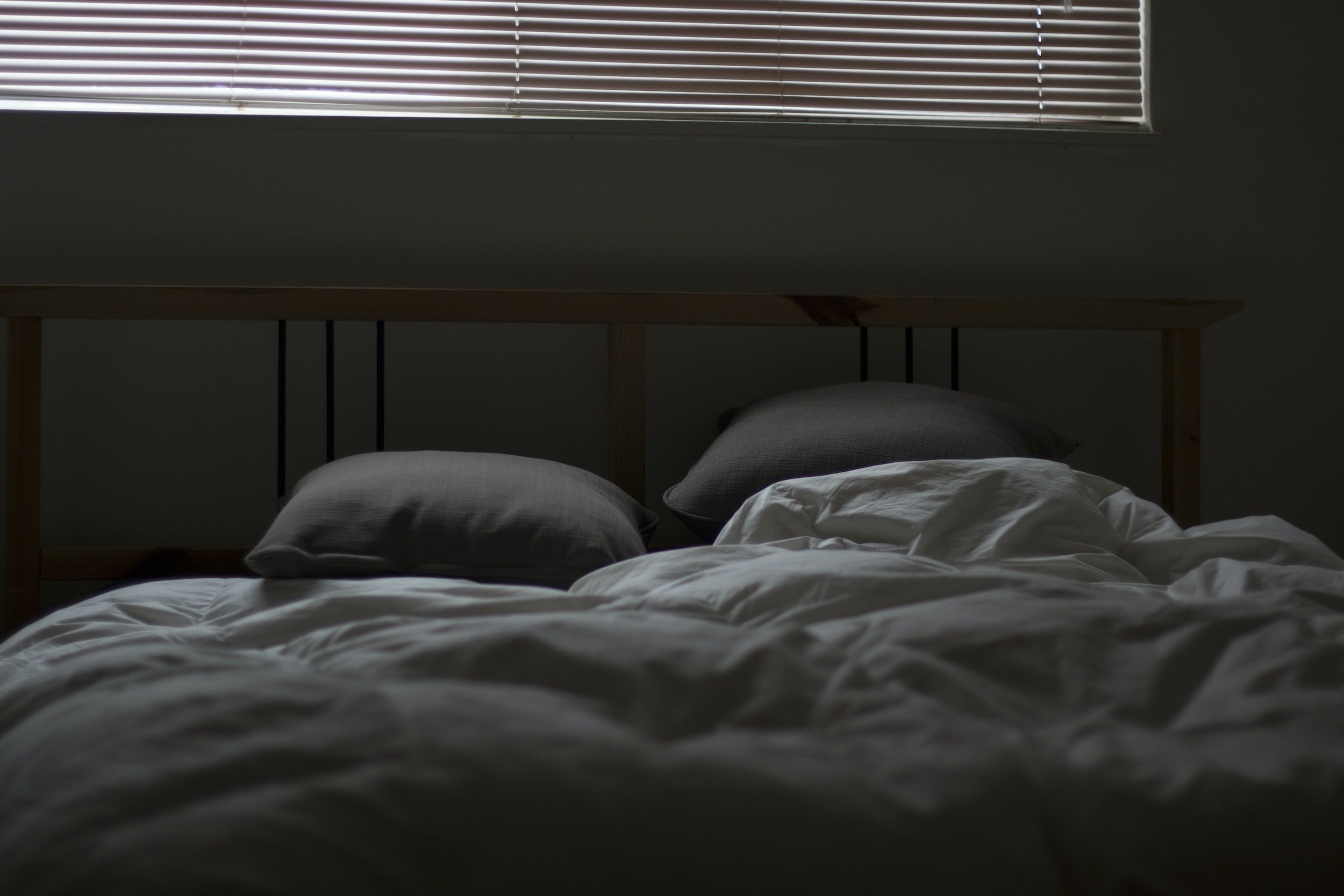
Sleep Apnea and Sleep Studies
What it is
Sleep studies collect data about what is happening in a person’s body during sleep. We are particularly testing for sleep apnea. People with sleep apnea repeatedly have reductions or pauses in breathing for brief periods while they sleep. Although these lapses cause a person to awaken periodically and reduce sleep quality, sleepers generally are not fully awake and remain unaware that their nighttime breathing is abnormal.
-
The risk of developing obstructive sleep apnea increases with age.
-
Men are generally more likely to have obstructive sleep apnea, especially in the earlier stages of adulthood.
-
Obstructive sleep apnea occurs more frequently in people who have specific anatomical features including a larger tongue and a shorter lower jaw.
-
Multiple studies have found a correlation between overweight and an elevated risk of developing obstructive sleep apnea.
-
Some research has found a higher risk of obstructive sleep apnea in people who smoke cigarettes.
-
Sleep apnea may develop or be worsened when people sleep on their backs.
-
Some data suggests that a family history can increase a person’s risk of obstructive sleep apnea.
-
Difficulty breathing through the nose has been linked with a higher likelihood of having sleep apnea.
-
Alcohol and some prescription and narcotic drugs are associated with an elevated risk of obstructive sleep apnea.
Risk Factors:
How we do it
Different types of sleep studies may be offered depending on symptoms and the sleep disorders that may be present. Our practice provides the following tests:
-
In this test, data is collected about a patient’s breathing overnight in the patient’s own bed.
-
More sophisticated than a home study, in this test, a sleep technician monitors a patient who stays overnight at our specialized clinic. Various measurements are obtained throughout the night, including eye movements, brain and muscle activity, respiratory effort and airflow, blood oxygen levels, body positioning and movements, snoring, and heart rate.
-
Continuous positive airway pressure (CPAP) is a common treatment for sleep apnea. In CPAP titration, a technologist determines the amount of air pressure the patient needs so their machine can be properly programmed for home use.
Treatment Options
If you have sleep apnea, you might benefit from using a machine that delivers air pressure through a mask while you sleep. With CPAP (SEE-pap), the air pressure is somewhat greater than that of the surrounding air and is just enough to keep your upper airway passages open, reducing apnea and snoring. You might need to try more than one type of mask to find one that's comfortable.
Obstructive sleep apnea
Obstructive sleep apnea has been associated with a higher risk of a number of health problems, including:
Pulmonary hypertension, which is high blood pressure in the arteries that feed the lungs and which can place a strain strain the heart
Impaired memory and concentration
Nonalcoholic fatty liver disease, which is an increase in fat deposits in the liver that can contribute to liver damage
Drowsiness during the day
Cardiovascular diseases such as high blood pressure, stroke, heart failure, heart disease, and an abnormal heartbeat
Metabolic disorders including type 2 diabetes
Mood disturbances including irritability and depression
Sleep Apnea Testing
Different types of sleep studies may be offered depending on symptoms and the sleep disorders that may be present. Our practice provides the following tests:
-
In this test, data is collected about a patient’s breathing overnight in the patient’s own bed.
-
More sophisticated than a home study, in this test sleep technician monitors a patient who stays overnight at a specialized clinic. Various measurements are measured throughout the night, including eye movements, brain and muscle activity, respiratory effort and airflow, blood oxygen levels, body positioning and movements, snoring, and heart rate.
-
Continuous positive airway pressure (CPAP) is a common treatment for sleep apnea. In CPAP titration, a technologist determines the amount of air pressure the patient needs so their machine can be properly programmed for home use.
Services we offer
-

Stress Testing
Exercise and chemical stress testing to assess for blockages and assessment of heart strength by gated blood pool scanning.
-

Sleep Apnea and Sleep Studies
Diagnosis and treatment of obstructive sleep apnea and related diseases.
-

Catheterization and Stenting
Diagnosis and treatment of coronary artery disease including cardiac catheterization and stent placement.
-

Arrhythmias and their treatments
Diagnosis and treatment of arrhythmias including pacemaker and defibrillator placement and ablation procedures.
-

Echocardiography
Cardiac ultrasound to visualize the heart using additional advanced techniques such as bubble or definity contrast as needed. Transesophageal ultrasound performed in the hospital as an outpatient procedure.
-

Vascular Ultrasound
Evaluation of the carotid arteries and blood vessels of the abdomen, kidneys and legs.

